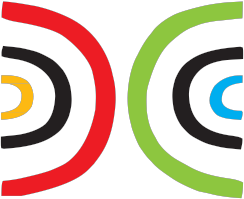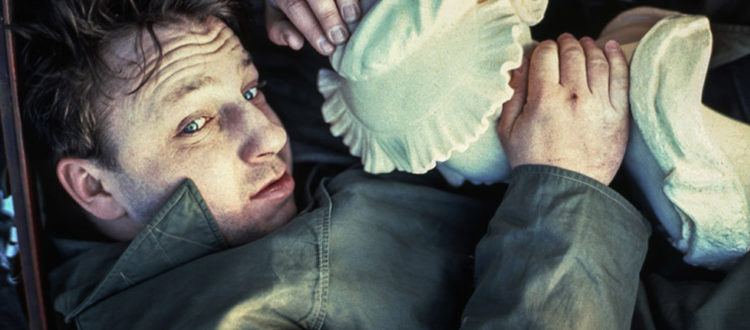Three Colours: White
The second part of the trilogy “Three Colours”, referencing the colours of the French flag. In these works, Kieslowski portrayed what freedom, equality and brotherly love, emblematic of the banner, mean in real life. “White” is a treaty on the idea of equality, understood in various ways – both on the national and social level, but also in relationships. Karol (Zbigniew Zamachowski) is a Pole living in France, married to a beautiful French woman (Julie Delphy). A longing for his country leads him to personal despair: he loses his hair salon, divorces and ends up on the street without any means to survive. Mikołaj, his compatriot, helps him get back to Poland, finding a peculiar way to smuggle him across the border. In Poland, the protagonist attempts to reclaim his wealth and prove to his ex-wife that he is still worth something. Kieslowski, who accustomed both critics and viewers to serious metaphysical treaties, in “White” surprises us all with a black comedy genre piece. As in the remaining parts of the trilogy, the dominating colour in each scene and frame in the title color.
About the director:
Krzysztof Kieslowski (1941-1996) – a world famous director, who began his career as a documentalist. He was among the authors of the so-called “Cinema of Moral Anxiety” who, towards the end of the 1970s, decided to point their cameras closer to reality. They wanted to show real people and real problems through screen fiction. Man, his ethical choices and existential problems, was the centre of Kieslowski’s work. The director created the unique TV series “The Decalogue”, which was an attempt at a modern interpretation of the ten commandments – the basic ethical rules upon which Christian and Judaism culture are formed. Krzysztof Piesiewicz, an attorney, was Kieslowski’s regular collaborator, with whom he wrote most of his screenplays. In the later period of his work, the director became interested in metaphysics, a feature of the films he produced in France in the 1990s: “The Double Life of Veronique” and the trilogy “Three Colours: Blue, White, Red”, which symbolically correspond to three colors of the French flag.
Najważniejsze filmy:
- 1979 “Camera Buff”
- 1981 “Blind Chance”
- 1984 “No End”
- 1987 “A Short Film About Killing”
- 1988 “A Short Film About Love”
- 1991 “The Double Life of Veronique”
- 1993 “Three Colours: White”
Author: Mikołaj Góralik
Translation to English: Katarzyna Matej

